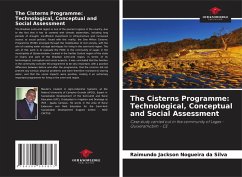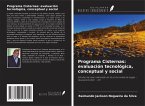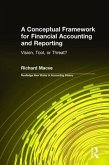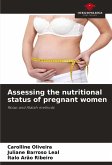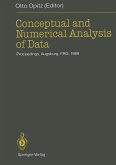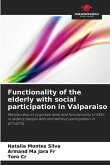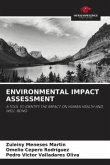The Brazilian semi-arid region is one of the poorest regions in the country, due to the fact that it has to contend with climatic adversities, including long periods of drought, insufficient investment in infrastructure and increased access to social policies. Faced with this reality, the One Million Cisterns Programme (P1MC) emerged through the mobilisation of civil society, with the aim of creating water storage techniques for living in the semi-arid region. The aim of this work is to evaluate the P1MC in the community of Lages in the municipality of Quixeramobim, located in the Sertão Central region of the state of Ceará and part of the Brazilian semi-arid region, in terms of its technological, conceptual and social aspects. It was concluded that the families in the community consider the programme to be very important, with a positive difference between before and after the programme, that the cisterns did not present any serious physical problems and were therefore resistantto storing water, and that the social impacts were positive, making it an extremely important programme for living in the semi-arid region.
Bitte wählen Sie Ihr Anliegen aus.
Rechnungen
Retourenschein anfordern
Bestellstatus
Storno

